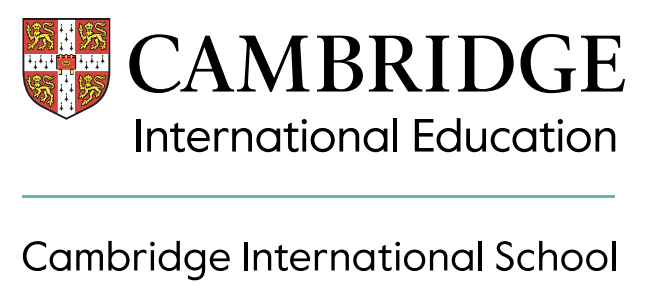The morning of Eid brings a special kind of thrill when you wake up. At first, waking up on Eid feels like your typical morning—you feel exhausted and wish to remain under the covers. But then, it hits you. Suddenly, you’re wide awake and excited. The sound of the imam over the loudspeaker fills your ears as delicious smells from the kitchen make your mouth water. It puts you in a happy mood as you quickly slip into your brand new clothes. You smile to yourself as you walk towards the masjid; it’s Eid.
Eid-ul-Fitr is a special time that stands out from just another holiday. It’s a celebration and reminder of our beliefs, family, and blessings. Eid brings us closer in a way that’s rare these days. It is celebrated at the end of Ramadan, a month devoted to the worship of Allah and thankfulness for all our blessings. In this blog, I’ll share what makes Eid so special: its traditions, its meaning, and the little exclusive moments that make it unique.
Countdown to Eid:
One of the more exciting parts of preparing for Eid is choosing new clothes. It’s a sunnah (recommended practice) to wear one’s best clothes, and even new clothes, on Eid. It is a way of signifying happiness and joy, and besides, it’s super fun to pick out nice outfits and wait for the day you can wear them.
To start Eid preparations, we clean our house and decorate it, which sets the tone for the other traditions. It’s not just any cleaning—and we keep in mind that it’s all for this happy occasion. We make our house feel the part by hanging up decorations or lighting scents like incense or scented candles. It’s a small touch, but it makes all the difference.
One major part of Eid is the variety of yummy food we make! We spend time in the kitchen (often late into the night) making new foods and traditional sweets. My favorite sweet dish is Phirni, a creamy rice pudding thought to have originated in ancient Persia. We also make a red velvet cake (one of our family specialties).
We also give gifts called Eidi to our younger relatives and friends. It can be money, toys, sweets, or whatever you feel will share the joy of Eid with your loved ones. Furthermore, there’s a big emphasis on family bonding. Parents sit and explain the significance of Eid to their children, and children grow closer to relatives they have not seen in a while by bringing them gifts. I remember when we were children, we had this game where we would put the total amount of everyone’s Eidi against each other for fun.
The Eid Salah:
On Eid morning, Muslims go to their closest mosque or Eidgah for Eid Namaz and give Eid zakat to the needy before returning home for the celebrations. I am lucky enough to have a masjid basically right next to our house. Anyway, when we get there, the Imam gives a sermon specifically on Eid and what it means. Then, everyone prays together. Eid salah isn’t like the normal salah we pray every day. It is shorter and prayed differently. It is a way to show our thankfulness to Allah for all the blessings we have. It’s also a time to remember those less fortunate than us, which is what Ramadan was about. After the prayer, everyone greets each other with “Eid Mubarak” (which means “Happy Eid”) and shares hugs one by one.
The Feast and Celebrations:
After the Eid prayer, it’s time for the best part—the food! My family prepares a huge feast with a bunch of delicious dishes. Everyone gathers around the dining table and digs into the many food choices. It’s like a mini-party between family and friends. We combine breakfast and lunch into one big meal that suits the tastes of everyone in the house, from the oldest to the youngest. We also share with neighbors so everyone is included in the festivities.
After food, the celebrations begin. We go from house to house, visiting and spending time with our relatives and friends, reconnecting after being out of touch and catching up on what’s been going on in each other’s lives. We can sit around and talk or have little competitions like the one I mentioned earlier. Then, when it gets dark, we get into the car and drive to a little shop to buy fireworks, set them off, and then watch the sky light up with bright flashes of color. It’s a little tradition of ours.
Conclusion:
Eid is a festival not only for fun and joy but also for taking a step back and remembering the true purpose of life: that we will die one day. Our salvation will be in the good we did and the compassion we showed, expecting nothing in return. Eid reminds us of the nature of the material world we live in. It’s a day that reminds us that even small acts of kindness that may not feel like much to you can make a big difference in someone’s day, and yours too. So, let this Eid remind you to be a little more kind and grateful whenever you can. Now, I want to end with a quote: “May the magic of this Eid bring lots of happiness into your life, and may you celebrate it with all your close friends, and may it fill your heart with wonders.”
Hammaad Zargar 10th E
Explore more articles like this on our blog page

